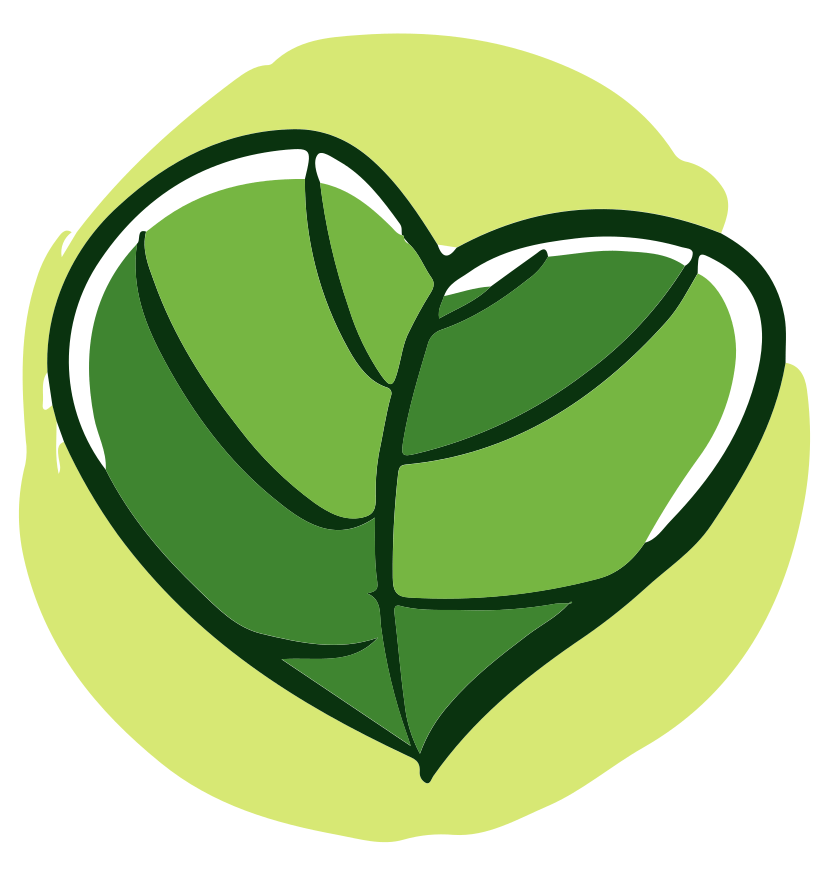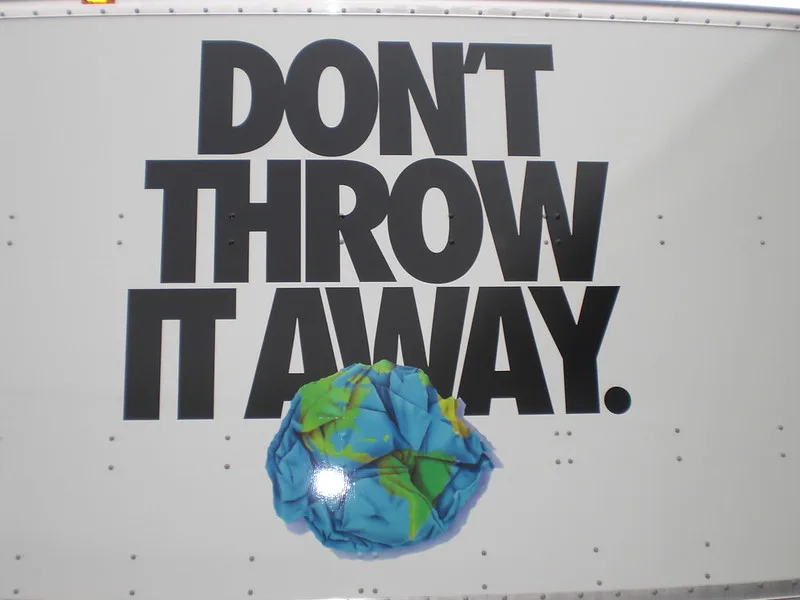Recycling seems simple: toss your bottles, cans, and paper in the blue bin, and you’re done, right? Well, Recycling is a bit more complex than that. Many of us think we’re recycling right, but the truth is that much of what we put in the bin ends up in landfills due to contamination or misunderstanding the rules.
That’s where our Free recycling guide comes in! If you’re unsure whether that pizza box can be recycled or which plastics are safe for curbside pickup, this guide explains everything you need to know.
What You’ll Find in Our “Recycling Made Simple: Your Guide to a Greener Earth” Guide
Our Guide to Recycling by Material is designed to make you a recycling pro! We cover everything—from plastics to paper to electronics—so you know how to dispose of each item properly.
Here’s a sneak peek at what’s inside:
Plastics
- Do: Recycle Bottles, jugs, and containers marked with #1 (PET) and #2 (HDPE).
- Don’t recycle Plastic bags, straws, or Styrofoam.
- Pro Tip: Keep your plastic containers clean and dry. Rinse out food residue before recycling to avoid contamination.
Paper & Cardboard
- Do: recycle Newspapers, mail, and flattened cardboard boxes.
- Don’t recycle Paper towels, napkins, and greasy pizza boxes (compost those instead!).
- Pro Tip: Wet or soiled paper can’t be recycled – keep it clean and dry!
Glass
- Do: recycle Bottles and jars (clear, green, and brown).
- Don’t recycle Ceramics, mirrors, or light bulbs.
- Pro Tip: There is no need to remove labels, but do remove the caps and rinse jars and bottles before tossing them in the bin.
Metals
- Do: recycle Aluminum cans, tin cans, and clean foil.
- Don’t recycle Wire hangers or scrap metal (find local drop-offs for these!).
- Pro Tip: Crushed cans take up less space and make the recycling process more efficient.
Electronics
- Do: recycle Phones, laptops, and small appliances – but not in your regular bin!
- Don’t recycle Old batteries or broken chargers curbside. Use special e-waste recycling programs for these items.
- Pro Tip: Many electronics retailers offer recycling programs, and some cities have specific e-waste drop-off days.
Download Your Free Guide Today!
With this guide, we’ve made recycling easy so you can feel confident about positively impacting the planet. Download the Guide to get:
- A complete list of what you can and can’t recycle by material.
- Pro tips to help you avoid common recycling mistakes.
- Guidance on specialty recycling for electronics, batteries, and more.
Why This Guide Will Change the Way You Recycle
We’ve all experienced the frustration of staring at an item, wondering whether it goes in the recycling or the trash. With this guide in hand, you’ll never second-guess again! Here’s why it will be a game-changer:
- Clear Instructions: No more wondering if that yogurt cup is recyclable – we’ve got the answers.
- Time-Saving: Stop wasting time searching the internet for recycling rules. Our guide puts everything in one place.
- Feel Good About Your Impact: You’ll know your recycling efforts are helping the environment, not harming it.
- Start Making a Difference Today!
- Every time we recycle correctly, we take a small step toward a healthier planet. Don’t miss out on this chance to improve your recycling game and do your part to reduce waste. Download the Free Guide to Recycling or check out our other post, “Sustainability Resources for a Greener Future,” today and share it with your family and friends – together, we can make a huge difference!
Ready to get started? Download the guide below!
With this guide, we’ve made recycling easy so you can feel confident about positively impacting the planet. Download the Guide to Recycling by Material to get:
- Pro tips to help you avoid common recycling mistakes.
- A complete list of what you can and can’t recycle by material.
- Guidance on specialty recycling for electronics, batteries, and more.
FAQ
Paper & Cardboard
Paper makes up 23% of municipal solid waste in the U.S. Recycling is one of the simplest ways to reduce waste and conserve natural resources. In 2018, Americans recycled about 68% of the paper they used.
Can I recycle pizza boxes?
Yes! Even if they have grease, remove food scraps and flatten the box.
Are paper and cardboard takeout containers recyclable?
It depends. Containers need to be “spatula-clean” and free from significant food residue.
Can shredded paper be recycled?
Check your local recycling program, as rules vary.
Can I recycle mail?
Yes, even envelopes with plastic windows can go in the recycling bin.
Can cardboard boxes / Amazon Mailers be recycled?
Yes, flatten them. Examples include egg cartons, cereal boxes, and shoe boxes.
Can books be recycled?
Yes, paperback books can be recycled as-is. For hardcovers, remove the cover first.
Plastics
The U.S. reported in 2018 that it generated over 35 million tons of plastic waste, but only 8.7% was recycled. Since plastic recycling varies by location, knowing what your local program accepts is essential.
Can I recycle plastic bags, wraps, and films?
Yes, but not curbside. Many grocery and retail stores accept these items for recycling.
Can styrofoam be recycled?
Rarely. Check Earth911 to find drop-off locations.
Can I recycle compostable or bio-based plastics?
No, compostable plastics can contaminate recycling streams. Check if your community has composting programs for these items.
Can plastic bottles and caps be recycled?
Yes, and you can usually leave the caps on!
Can plastic containers, cups, and utensils be recycled?
It depends on the type of plastic and your local program. Generally, food-contaminated items should not be recycled.
Pro Tip: Always rinse plastic containers before recycling to avoid contamination.
Glass
Recycling glass is easy, as it can be done repeatedly without losing quality. In 2018, 31.3% of glass was recycled in the U.S.
Can I recycle different glass colors/types together?
Yes, most programs accept mixed glass.
Can I leave metal caps on glass bottles?
No, metal bottle caps should be recycled separately
Can I recycle broken glass?
No, broken glass can harm workers and damage machinery.
Batteries
Batteries contain hazardous materials, so you should never throw them into regular trash or recycling bins. In 2018, 99% of lead-acid batteries were recycled, but other types lag.
What should I do with household batteries?
Many stores and community centers accept batteries for recycling.
What about car batteries?
Please return them to retailers or take them to special hazardous waste collection centers.
What should I do with lithium-ion batteries?
These should be dropped off at designated locations, not in your curbside bin.
Aluminum
The recycling world values aluminum because it can be reused indefinitely. In 2018, about 34.9% of aluminum waste was recycled.
Should aluminum cans be crushed?
It depends. In single-stream recycling, cans should remain uncrushed for sorting machines, but crushing is fine in multi-stream systems.
Can aluminum foil be recycled?
Yes, as long as it’s clean.
Electronics
Electronic waste, or e-waste, includes cell phones, computers, and televisions. In 2018, about 38.5% of e-waste was recycled.
Can I recycle electronics curbside?
No, electronics must be taken to specific collection points or retailers for recycling.
What should I do before recycling electronics?
Permanently delete personal data before recycling any device.
Lawn Materials & Used Oil
Lawn trimmings and motor oil are valuable resources when appropriately recycled.
Can I recycle lawn materials?
Lawn materials like grass clippings can be composted.
Can I recycle used oil?
Yes, many auto-supply stores accept used motor oil for recycling.
Food
While you cannot recycle food, you should not send it to landfills. Instead, we recommend compositing any unusable food. Composting is the best way to manage food waste, which contributes to greenhouse gas emissions when it rots in landfills.
What’s the best way to dispose of food waste?
Composting! If you can’t compost at home, check if your community offers a collection service.
Household Hazardous Waste
Household hazardous waste includes items that can catch fire, explode, or are corrosive, such as pesticides, paints, and certain chemicals.
How do I dispose of hazardous waste?
Take these items to local collection events or hazardous waste centers. Never pour them down the drain!
Metal
Metals like iron, steel, and non-ferrous metals (e.g., copper and aluminum) are widely recyclable.
Can I recycle metal curbside?
Check with your local program, as this depends on your area.
Tires
Old tires can harbor disease-carrying pests and pose fire hazards if abandoned. Most tire retailers will accept used tires for recycling when you buy new ones.
Miscellaneous Items
Certain items, like dirty diapers or old clothing, require special care when disposing of them.
What should I do with dirty diapers?
Dispose of them in the trash after flushing any waste.
What should I do with old clothes and shoes?
Donate gently used items to charities or look for stores that accept clothing for recycling.
Comments
Thank you so much for reading this blog post and supporting my mission of increasing awareness about Climate Change and Environmental Policy! 🙂 Please let me know your thoughts below!
This is great! Succinct and easy to read, I love your ideas on beginner steps for people wanting to get…
I use Future instead of Aspiration but overall informative post
Nature Vibes Media
Join our Group Of Gen Z Chang Makers
Stay informed about the latest developments and find out more about our initiatives by connecting with us on social media or reaching out to us directly.


Leave a Reply